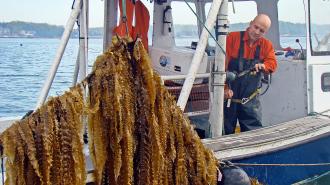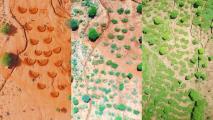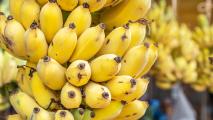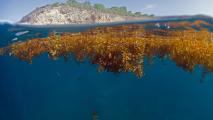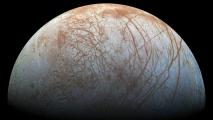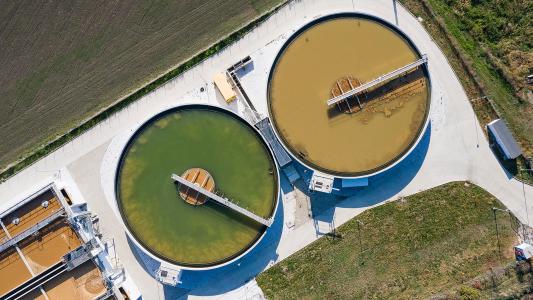This article is an installment of Future Explored, a weekly guide to world-changing technology. You can get stories like this one straight to your inbox every Thursday morning by subscribing here.
A new model for ocean farming promises to help us feed Earth’s growing population — and it can improve the health of the oceans, too.
The U.N. predicts we’ll need to produce 60% more food by 2050 to support the growing population, but we’re already using most of the planet’s high-quality farmland. Meanwhile, climate change and some existing farming practices threaten the health of the farmed soil.
While the vast majority of the food we eat today is produced on land, the oceans do contribute to the global food supply, providing us with fish, mollusks, and crustaceans, as well as edible plants, such as kelp.
The farms improve ocean health by encouraging biodiversity and sucking pollutants from the water.
North American nonprofit GreenWave’s goal is to increase that contribution by helping farmers and fishers establish 3D ocean farms, which use ropes and baskets to grow different types of seafood in columns below the water’s surface.
Unlike many traditional fishing methods, which can disrupt ecosystems, these farms improve ocean health by encouraging biodiversity and sucking pollutants from the water.
In the first episode of Freethink’s new “Future Explored” video series, host Tom Carroll takes a closer look at both the benefits and challenges of 3D ocean farming. Watch the video to get the whole story, and subscribe to Freethink’s YouTube page to find out when new episodes drop.
We’d love to hear from you! If you have a comment about this article or if you have a tip for a future Freethink story, please email us at tips@freethink.com.
